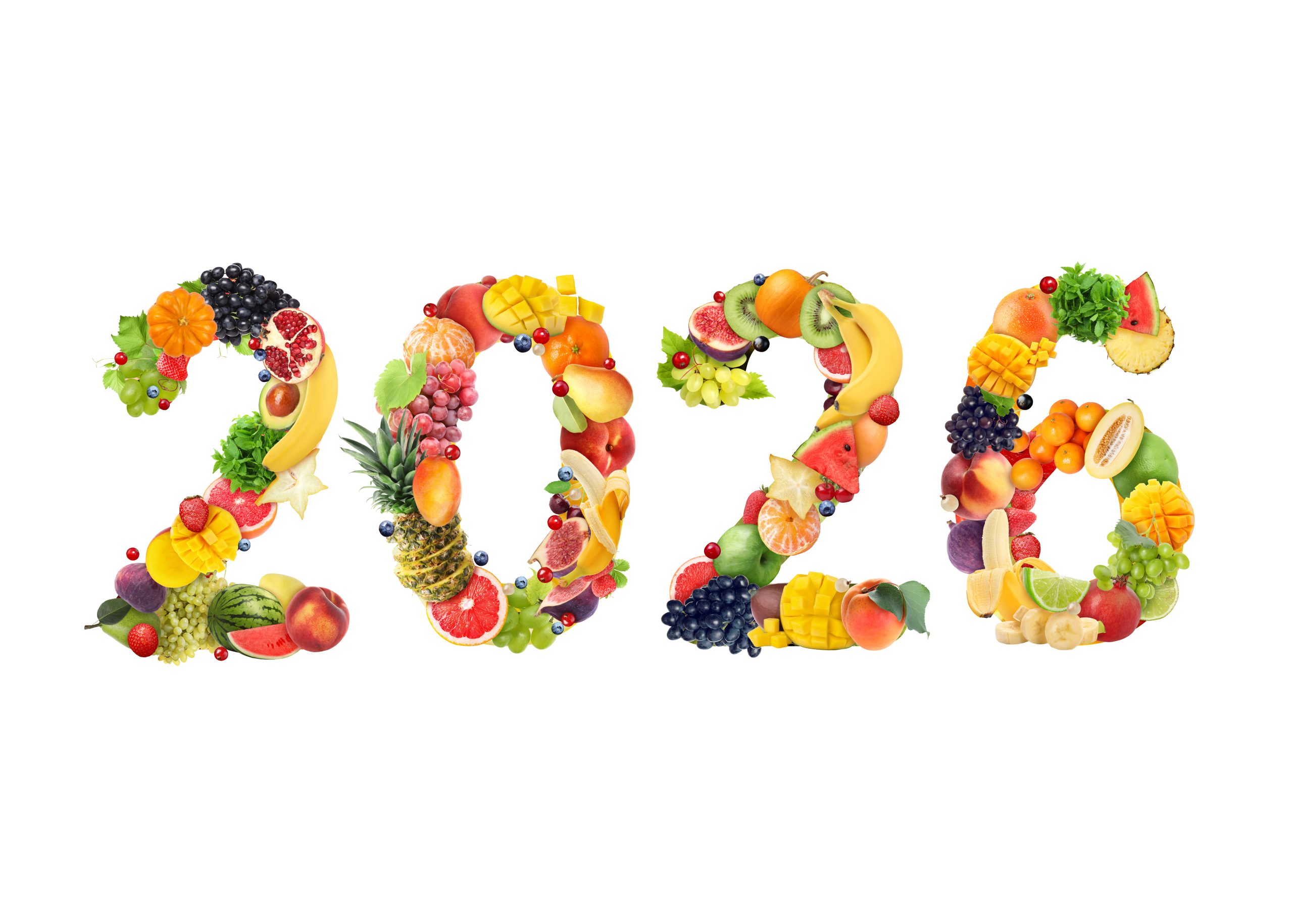It is March and I am writing the editorial for the May issue, so forgive me if life has dramatically changed again and this editorial is not relevant. So many of our readers, reviewers, and authors are personal friends and close colleagues that I feel the need to reach out to each one of you, letting you know that we as a family of nutrition education and behavior practitioners, researchers, policy makers, and students will support one another and be fine. Many of us manage a crisis of some sort each day and help those who may need a little support. I am so proud to be among you, and know you are a resilient group.
Today we may be early in the virus crisis, or, hopefully as you read this, we are doing much better. In any case, the stress levels have been high, and I commend all of you for managing your submissions, reviews, and proofs in such a timely manner. It is a credit to the professionalism and loyalty of our JNEB family.
With many of us working from home, I feel the systematic review of 31 articles in this issue is timely. Robson et al conclude that while there are some positive relationships between family meals and dietary outcomes, the relationship is stronger for family meals and family functioning. Family functioning was described as 1 or more of these dimensions: family cohesiveness, communication, expressiveness, or conflict resolution. Across the nation, we may be having more family meals than before, and hopefully better nutrition and family functioning. In addition, Folta et al provide tips for families to encourage vegetable snacks for school-age children in the form of video clips and tip sheets. While the impact in intake is beyond this GEM, the method of developing the material will be informative.
With social continuity with physical distancing having become the norm, the online shopping for SNAP participants article documents a certain baseline that may change over the coming year. And although I hope we don’t need this, the article by Phojanakong et al describe trauma-informed programming that includes emotional management and relationship dynamics and its effect on household food insecurity, which may be especially useful in our communities. The times are changing and our capacity for change is keeping pace.
During these uncertain times, if you have questions about your submission or experience difficulties with deadlines or online functions, feel free to reach out to us at editor@jneb.org or managingeditor@jneb.org, or if your email or internet is not functioning for whatever reason, I can be reached at 217-244-2852. We are here to support one another.
Karen Chapman-Novakofski PhD, RDN
JNEB Editor-in-Chief
This editorial was originally published in the May 2020 issue (Vol. 52, Issue 5) of the Journal of Nutrition Education and Behavior.
continue reading
Related Posts
It’s a Busy Time for Nutrition. What’s Happening A current
The New Year is a time to look ahead…for dietary
SNAP benefits may have resumed but Dr. Marion Nestle assesses



